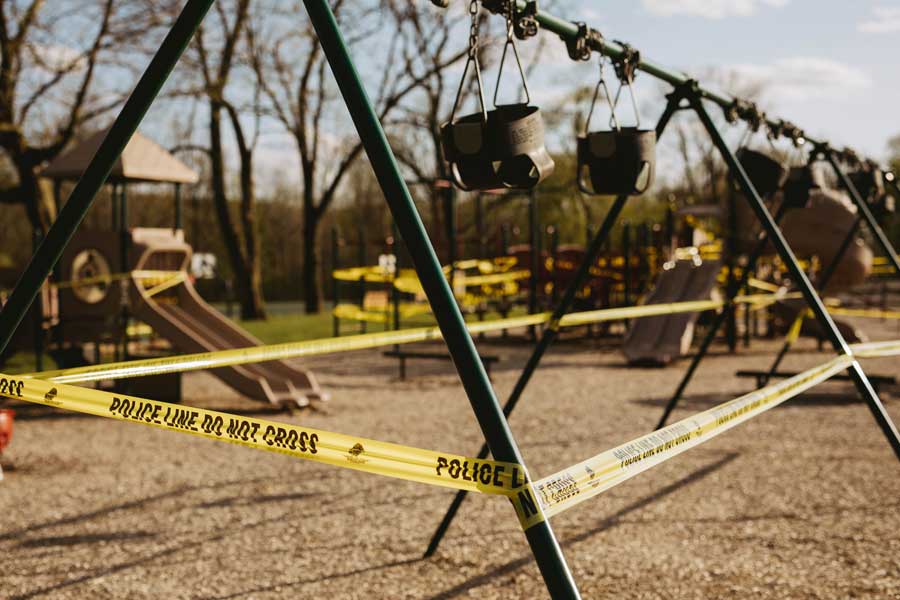
COVID-19 has dealt devastating blows to families across the country and the world. In addition to the fear and anxiety, a deep level of sadness has accompanied the virus as it has traveled from community to community. The loss of jobs, loss of income, being prohibited from seeing family members during state-mandated social isolation—all of which have taken a toll on young and old alike.
Aside from the loss of life and the work of first responders, I do believe that the heaviest weight has fallen on families with school-age children. Developmentally, younger kids are not in a place to fully comprehend the far-reaching implications of a global pandemic. All that children know is that they’ve missed out on the end of the 2020 school year with their friends and teachers. Student-athletes have lost entire sports seasons. Seniors have lost their senior prom, traditional graduation ceremony, last high school choir concert, baseball game, track meet, or musical. The multiple losses of significant life events, like funerals, graduations, and weddings, coupled with the loss of social contact, and loss of predictability, and stability in routines have led to a real emotional crisis for kids as well as parents.
As a mental health professional, I find myself more and more coaching families through the grief of these losses. It’s easy—too easy—to trivialize and invalidate the feelings that kids are going through. For example, I have seen a number of social media posts alluding to the fact that, decades ago, 18-year-olds were being shipped to Vietnam after the draft, and that losing prom and graduation is a ridiculous “loss” compared to that much more serious sacrifice. Well, of course losing graduation isn’t that same as being sent off to war, but that doesn’t mean that teens aren’t going to grieve the loss of events and milestones that were important to them. These are events that they (and their parents) had looked forward to their entire lives. In the very same way, the loss of graduation for seniors does not invalidate the sadness of a grieving grade-schooler who is missing all of the fun and friendship they had each day at school.
Here are the most important things I think kids need right now to manage these losses and help them become happier and more resilient children.
1. Offer a listening ear. Parents need to listen for the small cues kids will give that can open up meaningful conversation.
2. Validate Feelings. You may be tempted to encourage your child to quickly reframe their negative feelings about the losses at this time, but don’t rush it. People need to learn to wrestle their way out of a bad mood themselves. If your child expresses being upset because of a loss from COVID, you can tell them that you hear that they are sad and frustrated, then ask what they think they need at this time to help. If they are unsure you can make gentle suggestions: to see a friend (whether virtually or in person at a park), a hug, some time alone, or an activity to distract them from feeling down. Let them lead the healing after you’ve validated that their feelings are real and legitimate.
3. Describe what it means to grieve over a loss to your child. Explain how difficult it can be to move on when something is gone that can’t be replaced. How it’s normal to be upset when everything in life seems to change in a moment, and when you can’t be around people you care about. Share with them that they will likely feel sad, frustrated, even angry at the losses. This will help normalize the emotions they are experiencing and remind them that you not only care but also understand what’s going on. You will be narrating the experience to them on an emotional level, which is something all children need in uncertain times.
4. Try to keep in mind that everyone is struggling right now to some degree. Outbursts, snappy comeback, and frustration with the people around us are to be expected. Try your best to see the hurt instead of the behavior. If we aspire to this, our kids will see that we are safe people they can trust with big emotions and will express them to us instead of turning toward unhealthy coping skills later.
It isn’t easy getting through times like these. But with some focus on the emotional processing of the grief we all share from losing so much, it can be done.

